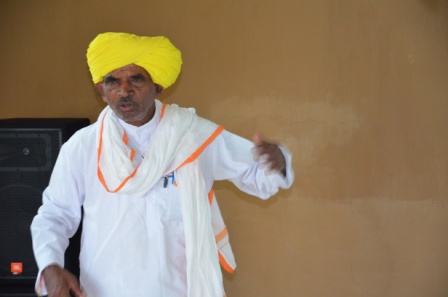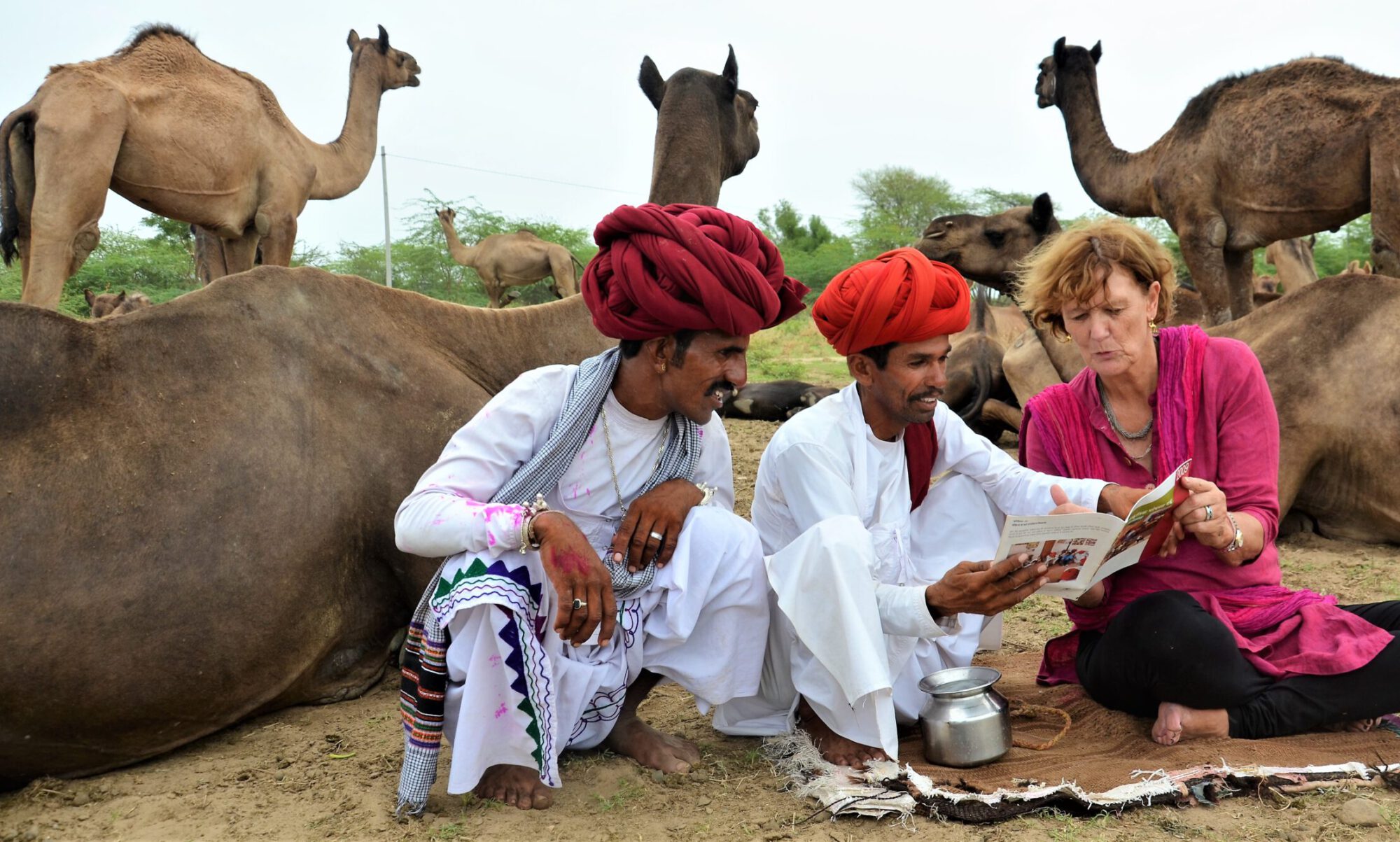
LPP and its partners will organise a Seminar entitled “Towards green and equitable livestock development” in Hyderabad on 13th April. The programme will also include presentations of the exciting results of the Ark-project which indicate that one of the main benefits of keeping indigenous breeds is that their products have a higher nutrient content than those of stall-fed animals. And many other interesting presentations, as well as space for discussion!

 Follow
Follow
Small scaled livestock keepers, pastoralists and livestock keepers are playing very important role in sustainable use of natural resources, conservation of nature and production of safe food but they are always neglected at policy context both at national and international levels. Such livestock keepers are pure and strong in their ecosystem friendly production systems but very poor with their voice and influence. They have seldom representation at legislative levels and have no influence in policies. That is why, they are in trouble. We should support and help them to make their voice strong and stronger.
Dear Raziq,
thanks for your support. Yes, the main problem of pastoralists and other traditional keepers is their lack of an organised voice in policy-making. Also that they are not involved in developing research agendas, so that crucial issues dont get addressed, while a lot of research remains meaningless. For instance, so much research has been done on the camel, but who has looked into developing small cooling units that would enable pastoralists to chill their milk on site and start marketing?
Yes, small scaled livestock keepers and pastoralists are void of representation, and neglected by policy makers. Research is not articulated on issues of their interests. Otherwise their way of livestock production is safe, biological and beauty to landscape.